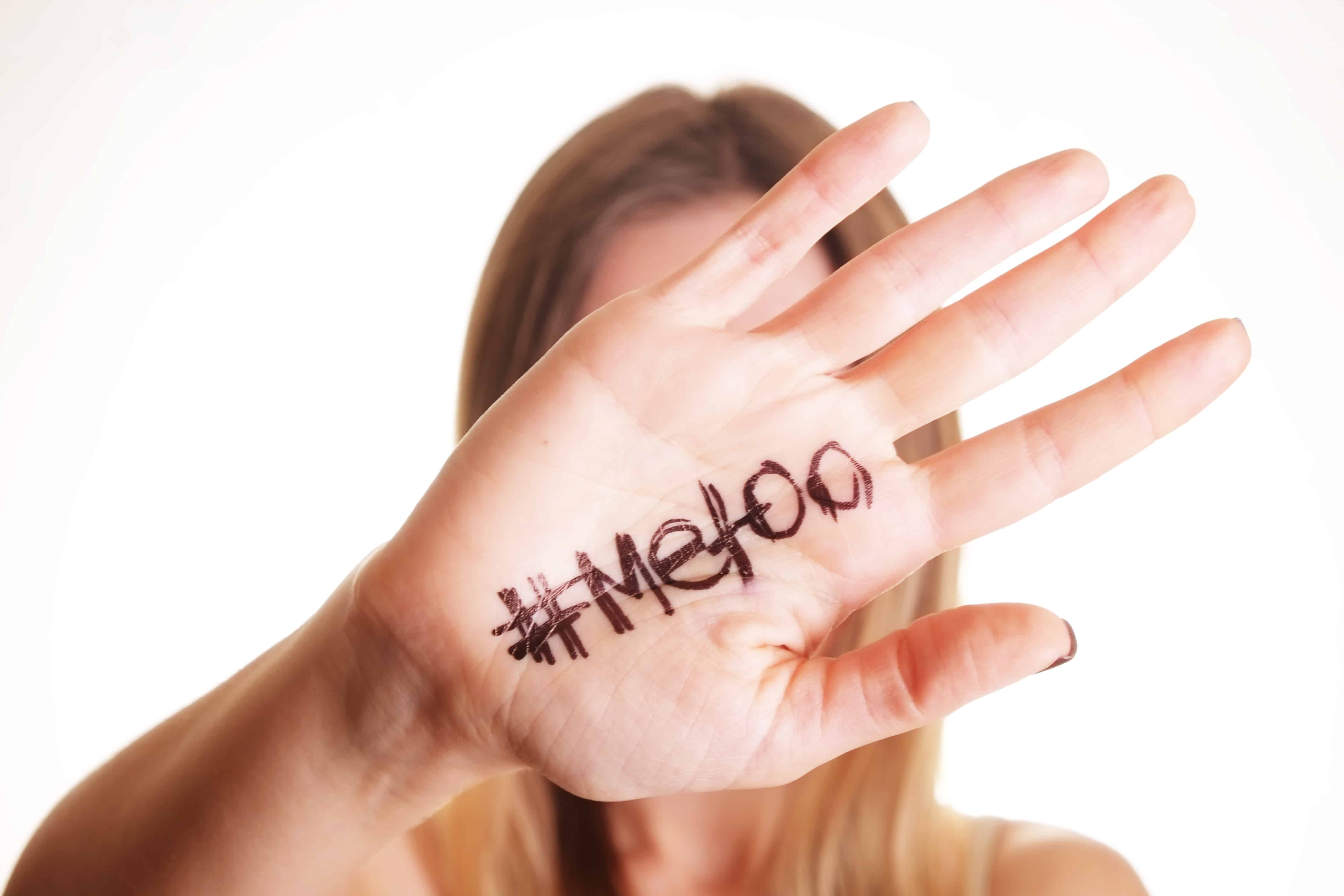
The #MeToo movement, started by the activist Tarana Burke, a sexual assault survivor in the mid-2000s, and a tweet by Alyssa Milano in October of 2017, has quickly moved from a simple Twitter hashtag to a prominent call out among survivors of sexual assault or misconduct. At the time of this article, the #MeToo hashtag has more than 1.1 million mentions on Twitter, along with an engagement rate on the subject of 8.1 million.
The truth is, #MeToo has gotten people talking. For much of modern history, many women have faced sexual assault, verbal or physical abuse, and simply disrespectful treatment by men in day-to-day life. Sexual assault has been the butt of numerous jokes in movies and television shows, and often these dangerous levels of acceptance and stereotyping “typical” of male behavior have been associated with overgeneralization and rationalizing what is and is not appropriate.
The consequences for the men accused by the #MeToo movement have varied. Some men, such as Ben Affleck, John Travolta, and President Donald Trump, have faced no consequences for the actions they’ve been accused of. Others, such as Matt Lauer or Bill O’Reilly, have been forced out of their permanent positions as a result of the accusations. Men like Harvey Weinstein and Bill Cosby are actively facing criminal charges, with the latter being convicted and sentenced to jail time.
In a time where more women are coming forward to share their own personal stories and experience with sexual assault, there is no more important time than now to bring forth conversations that actively promote healthy relationships, honesty and accountability, as well as encouraging young women (and men) to speak up if they have endured trauma and connect them with the resources they need. Young women are beginning to learn in this day and age that they no longer have to tolerate what their mothers and grandmothers would’ve once called “boys just being boys” or what was thought of as acceptable forms of treatment for women on dates, in committed relationships, or in public. Social media has helped to create a profound shift in how men and women are honest with themselves and the public about issues within society that need to be addressed.
Teach your children and teenagers what it means to respect and care about the people who they are dating or interested in. Talk to your daughters about what is acceptable and unacceptable behavior and what makes her feel uncomfortable. But most importantly, if someone comes to you or comes out to the public, our immediate reaction should not be one of pushing them aside or casting off the behavior of the accused as “boys being boys” or “just playing around.” When we teach teenagers and young adults to discredit their feelings and ignore the behavior of those that is unacceptable, we invalidate their own ability to know whether or not they have been violated or mistreated. We teach the younger generation to make the same mistakes if we simply say, “If the previous generations got away with it, why shouldn’t they?”
Sharing these stories is not always easy. Men and women who have come forward have sometimes taken months, years, or even decades to make their trama public. It can be hard to wear your wounds on your skin for so many people to see, especially if you are a woman in the public eye where your life is already under constant scrutiny and ridicule. However, it is only with the progression of not only honesty and openness, but also understanding and compassion, that we as a society can move forward from this type of behavior and abuse being seen as a commonality or “acceptable.” Without accountability, there’s no way to help survivors, as well as the next generation, learn respect, honesty, and the understanding that actions do have consequences.
If you or someone you know has been sexually assaulted, the following is a list of resources that may be of service to you:
- RAINN (Rape, Abuse & Incest National Network) is the nation’s largest anti-sexual violence organization. Here is their national Sexual Assault Hotline: 800-656-HOPE (4673).
- The Crisis Hotline offers free 24/7 support for people in crisis. Just text 741-741, and a trained counselor will respond immediately.
- National Teen Dating Violence Abuse Hotline: 1-866-331-9474 or https://www.loveisrespect.org/.
- Safe Horizon: https://www.safehorizon.org/get-help/domestic-violence/#our-programs/

